When facing the end, people react in unexpected ways. Some make jokes, others offer chilling confessions, and a few leave behind cryptic statements that still puzzle historians. The last words of those about to be executed often reveal something profound about human nature—whether it’s fear, defiance, or even humor in the face of death. Here are 14 of the strangest last words ever spoken before execution.
1. James French (1966) – “How’s this for your headline? ‘French Fries.’”
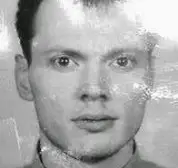
James French was a convicted murderer sentenced to die in the electric chair. Knowing the media would cover his execution, he turned his final moments into a dark joke. Just before the electricity surged through his body, he quipped, “How’s this for your headline? ‘French Fries.’” It was a grim but undeniably clever pun on his own name and fate. The Oklahoman remembers his entire story as one full of twists and turns from start to finish.
His words showed a mix of defiance and dark humor, something rarely seen in such moments. Even in the face of death, he seemed more concerned with how he would be remembered in the press. His execution was carried out shortly after his remark, making it one of the most infamous last lines ever spoken. French might have lost his life, but his final words ensured he wouldn’t be forgotten.
2. Aileen Wuornos (2002) – “I’ll be back, like Independence Day with Jesus.”

Aileen Wuornos, one of the most infamous female serial killers in American history, had a bizarre and unsettling set of last words. Right before her lethal injection, she said, “I’d just like to say I’m sailing with the Rock, and I’ll be back, like Independence Day with Jesus, June 6, like the big mothership.” The statement baffled everyone in the room. Capital Punishment in Context dives further into her story.
Wuornos had long claimed she was being unfairly persecuted and had developed erratic behavior leading up to her execution. Her reference to Independence Day—a movie about aliens invading Earth—along with her mention of Jesus, left many wondering what she truly believed in her final moments. Whether it was a cryptic prophecy or just the ramblings of a troubled mind, it remains one of the most unusual last statements on record.
3. Carl Panzram (1930) – After hurling an expletive and urging for haste, “I could kill a dozen men” while he was awaiting his execution
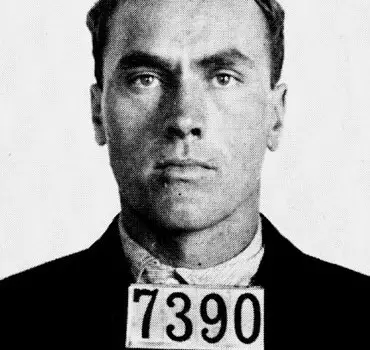
Carl Panzram was one of the most violent criminals in American history, boasting about his murders and crimes without remorse. When the time came for his execution, he had no regrets. As the executioner fumbled with the noose, Panzram sneered, “Hurry it up, you [explicit insult]! I could kill a dozen men” while they were dawdling. His defiance was chilling. His papers are even a subject of analysis in San Diego State University.
Unlike others who begged for mercy or sought redemption, Panzram welcomed death with arrogance and anger. His words made it clear that he had no remorse for his crimes. Even in his final moments, he remained as ruthless as he had been in life.
4. George Appel (1928) – “Well, gentlemen, you are about to see a baked Appel.”
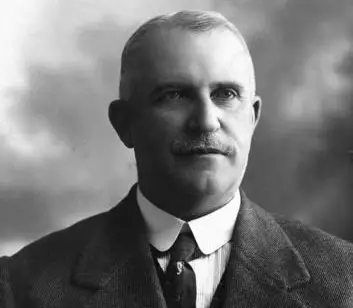
George Appel, a convicted murderer sentenced to the electric chair, decided to leave the world with a pun. As he was strapped in, he turned to the witnesses and said, “Well, gentlemen, you are about to see a baked Appel.” It was a grim play on his own name and method of execution. He also voiced defiance and denial against some accusations, according to Mirror US.
Despite the seriousness of his fate, he chose humor, perhaps as a way to cope. His remark remains one of the most famous last words ever recorded. Whether it was genuine bravado or an attempt to deflect fear, he ensured that his execution would be remembered for something more than just his crime.
5. John Spenkelink (1979) – “Capital punishment means those without the capital get the punishment.”
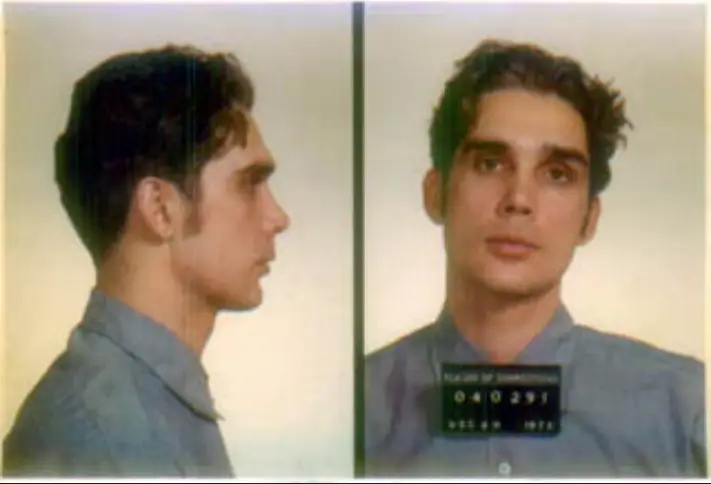
John Spenkelink was executed in Florida’s electric chair, maintaining his innocence until the very end. His final words were a biting critique of the justice system: “Capital punishment means those without the capital get the punishment.” It was a statement on the economic disparity in the death penalty, highlighting how the poor were more likely to be executed.
His words became a rallying cry for those against the death penalty. Whether or not he was guilty, his execution sparked debate about fairness in the justice system. Spenkelink’s final statement remains one of the most thought-provoking last words in history.
6. William Bonin (1996) – “I’d rather be fishing.”
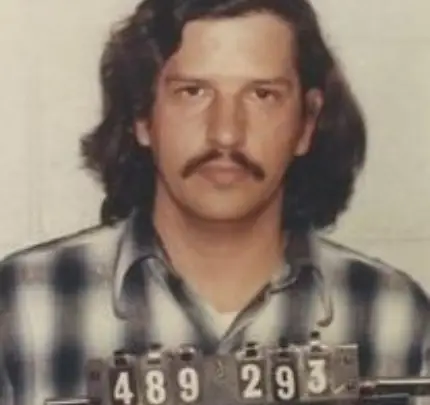
William Bonin, known as the “Freeway Killer,” showed little emotion before his lethal injection. When asked for his final words, he simply said, “I’d rather be fishing.” The remark was eerily casual for a man convicted of such horrific crimes.
Some saw it as a deflection, while others believed it revealed a complete lack of remorse. Instead of acknowledging his victims or showing regret, he made a mundane statement as if he were talking about an ordinary afternoon. His cold indifference made his final words all the more unsettling.
7. James W. Rodgers (1960) – “Bring me a bulletproof vest.”
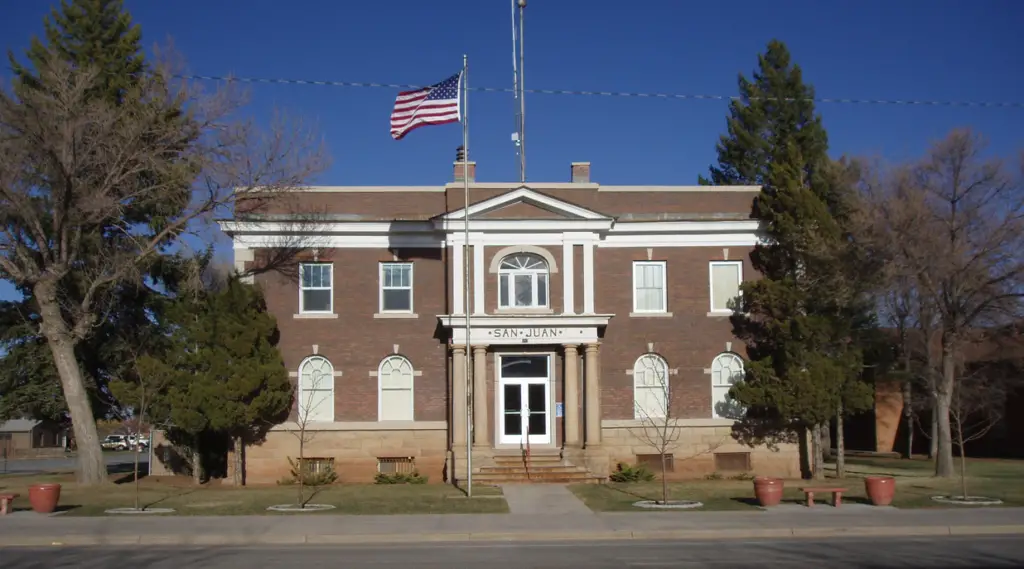
James W. Rodgers was sentenced to death by firing squad in Utah. When asked for his last request, he sarcastically replied, “Bring me a bulletproof vest.” His dark humor in the face of certain death stunned those around him.
Of course, the request was denied, and he was executed shortly after. His remark remains one of the more unusual examples of gallows humor in history. It was as if he wanted to have the last laugh—even at the moment of his own execution.
8. Gary Gilmore (1977) – “Let’s do it.”
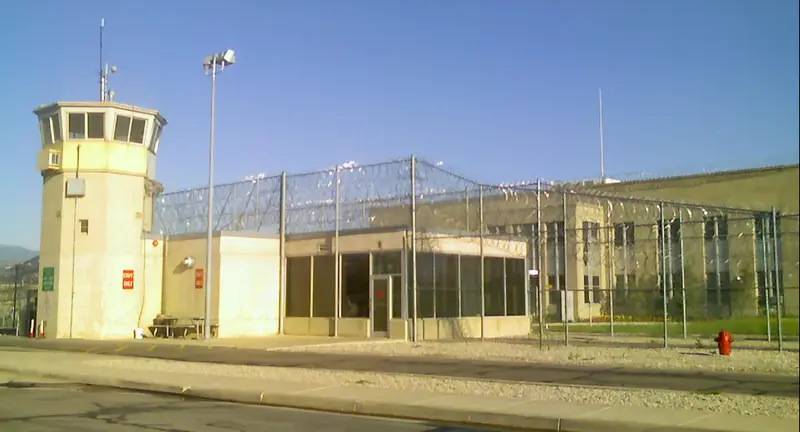
Gary Gilmore’s last words were so strikingly simple that they later inspired Nike’s famous slogan. Facing a firing squad in Utah, he was asked if he had any final words. He simply said, “Let’s do it.” The chillingly casual remark signified his acceptance of his fate.
His execution ended a decade-long moratorium on the death penalty in the U.S. His last words became infamous, showing a level of defiance and readiness that made his case even more notorious. Whether he meant it as bravado or resignation, his words left a lasting impact.
9. Robert Alton Harris (1992) – “You can be a king or a street sweeper, but everybody dances with the Grim Reaper.”
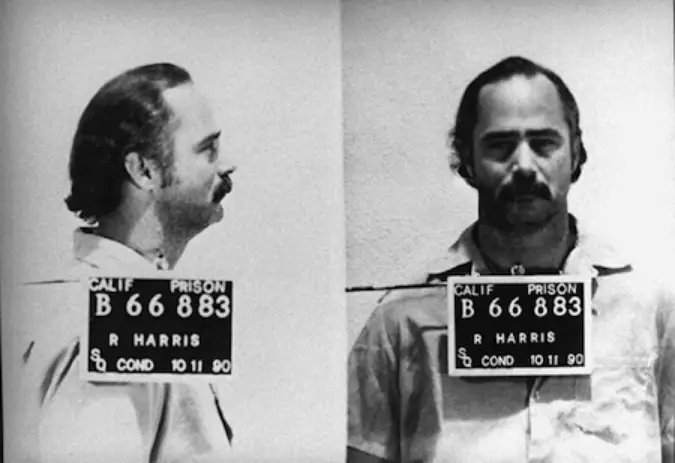
Robert Alton Harris, a convicted murderer, borrowed his last words from the movie Bill & Ted’s Bogus Journey. “You can be a king or a street sweeper, but everybody dances with the Grim Reaper,” he said before his execution. The eerie quote felt like a final nod to fate.
His words were poetic, even if they weren’t original. It was as if he had accepted his place in the cycle of life and death. Whether it was meant as wisdom or just theatrics, his last statement left an impression.
10. Tom “Black Jack” Ketchum (1901) – “I’ll be in hell before you start breakfast!”
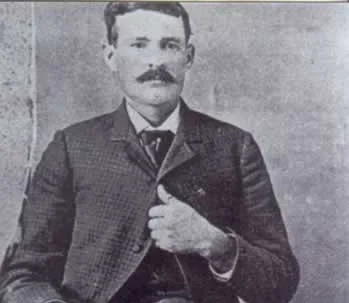
Tom “Black Jack” Ketchum was a Wild West outlaw known for robbing trains and causing chaos. As he stood on the gallows, he shouted to the crowd, “I’ll be in hell before you start breakfast!” It was a final act of defiance, as if daring the world to forget him. Unfortunately for Ketchum, his execution didn’t go smoothly—his hanging was botched, and the rope decapitated him.
His words, however, lived on as a classic example of Old West bravado. Unlike many who pleaded for mercy, he seemed to relish his outlaw image to the very end. Whether or not he actually believed in an afterlife, his final words cemented his legend. True to his reputation, he exited life in dramatic fashion.
11. Barbara Graham (1955) – “Good people are always so sure they’re right.”
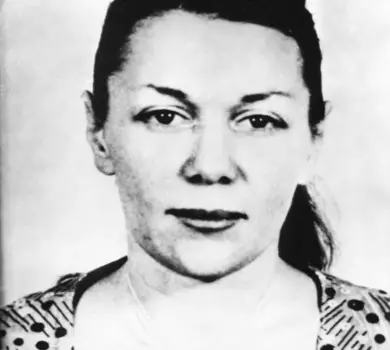
Barbara Graham was one of the few women executed in California’s gas chamber. Convicted of murder, she maintained her innocence throughout her trial. Her final words, “Good people are always so sure they’re right,” seemed like a bitter statement about the justice system. She suggested that those judging her had no doubt about their actions, even if they might have been wrong.
Her case remains controversial, with many questioning whether she was truly guilty. Her final statement reflects the frustration of someone who believed she was being unfairly condemned. Whether she was innocent or not, her words remain haunting. They serve as a reminder that justice isn’t always as clear-cut as it seems.
12. John Amery (1945) – “You’re about to witness the longest drop in history.”
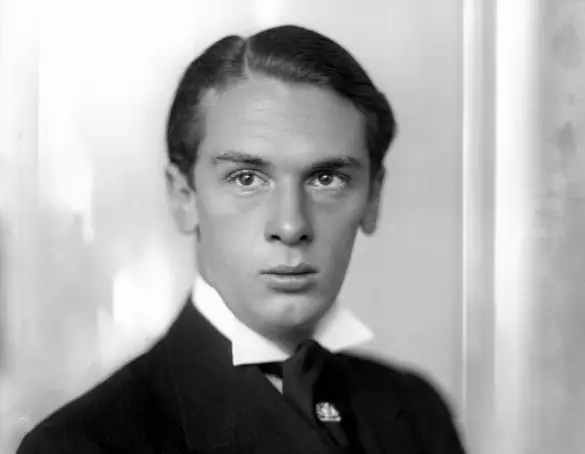
John Amery, a British traitor who collaborated with Nazi Germany during World War II, faced the gallows for his crimes. As he prepared to be hanged, he reportedly quipped, “You’re about to witness the longest drop in history.” The remark was both sarcastic and chilling, reflecting his lack of remorse.
Unlike many who met their fate with fear, Amery seemed almost amused by the spectacle. His words suggested that even in death, he wanted to be remembered. However, his legacy remains one of betrayal rather than wit. His execution was swift, but his name lived on in infamy.
13. Francis “Two Gun” Crowley (1932) – After an expletive, “Give my love to my mother.”
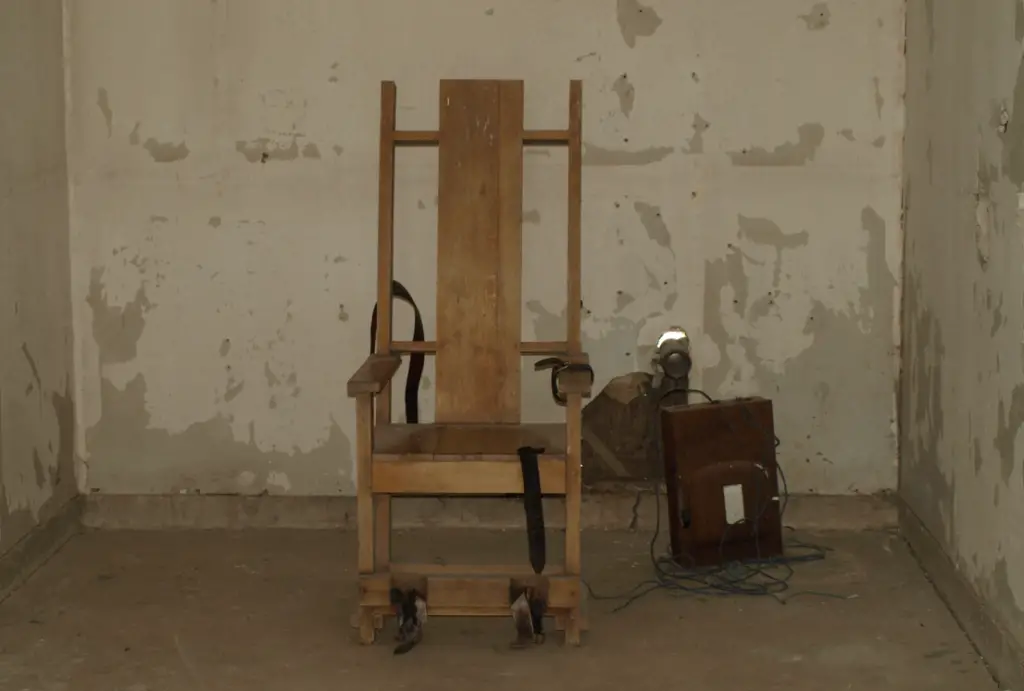
Francis “Two Gun” Crowley was a notorious criminal in the 1930s, known for violent shootouts with police. As he faced the electric chair, he insulted the nearby officials, then said, “Give my love to my mother.” It was a mix of rage and sentimentality, revealing his conflicting emotions in his final moments.
Crowley had spent his life on the run, living by the gun and refusing to surrender. His words showed that even hardened criminals have attachments—though his bitterness toward law enforcement was clear. His execution marked the end of a short but violent career. His dramatic last words only added to his legend.
14. Richard Loeb (1936) – “I’m okay, tell everybody I’m okay.”
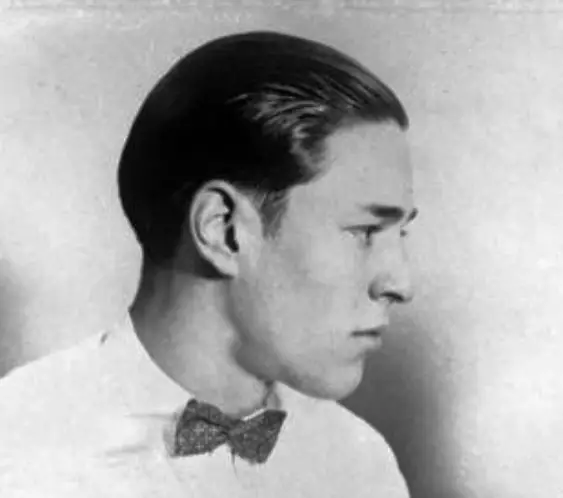
Richard Loeb, one half of the infamous Leopold and Loeb duo, was murdered in prison before his execution could be carried out. His last words were spoken to a guard as he lay bleeding from fatal wounds inflicted by another inmate. “I’m okay, tell everybody I’m okay,” he muttered, despite the obvious severity of his condition.
His words were eerie in their denial of reality, almost as if he refused to accept his impending death. Unlike other criminals who met their end on the gallows or in the chair, Loeb’s demise was unexpected. His statement, meant to reassure, became one of the strangest and most tragic last words ever recorded.
From chilling confessions to dark humor, the last words of these executed individuals reveal the many ways people face their final moments. Some sought to make peace, others tried to shock, and a few couldn’t resist one last joke. No matter their crimes, their last words have become infamous, lingering long after their executions took place.


